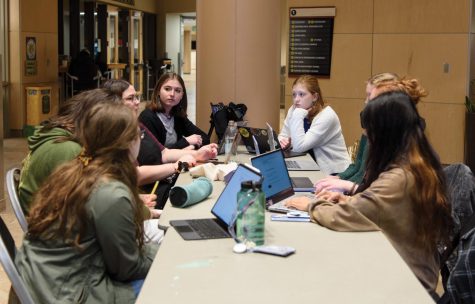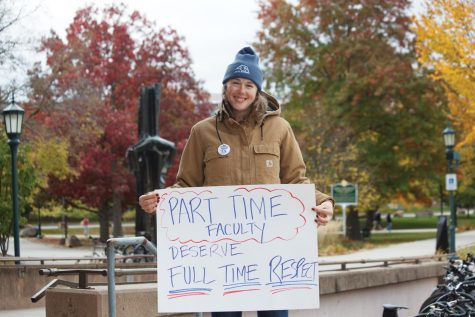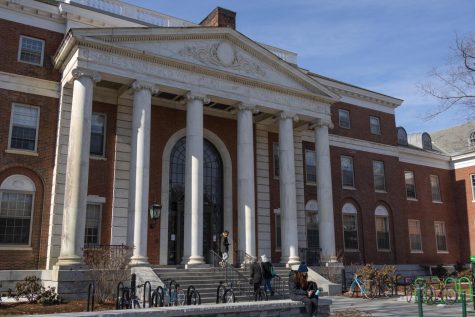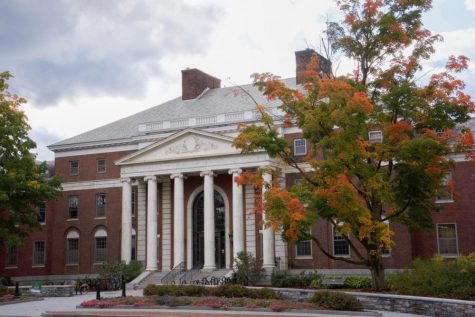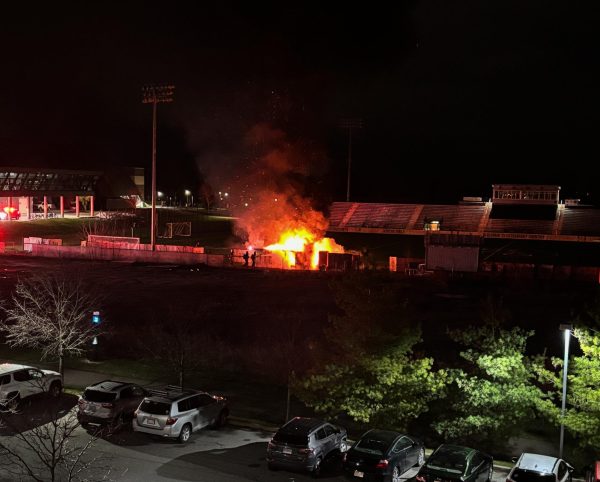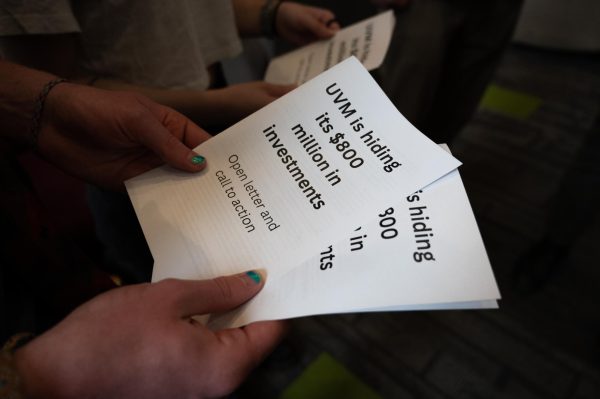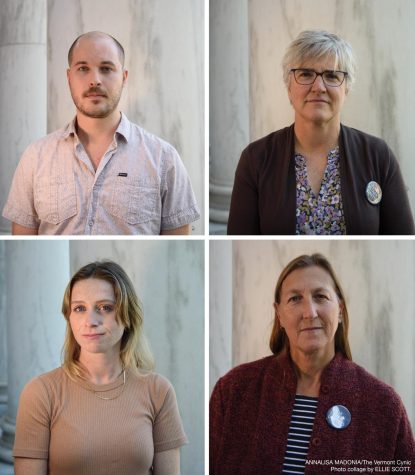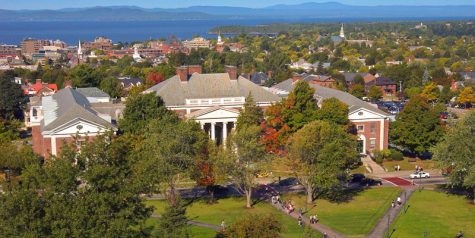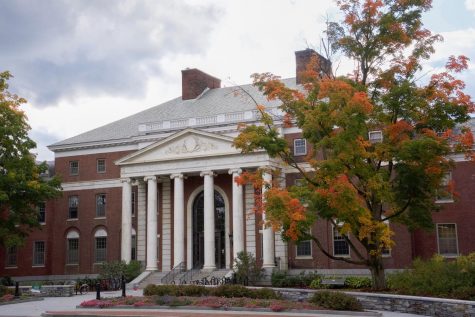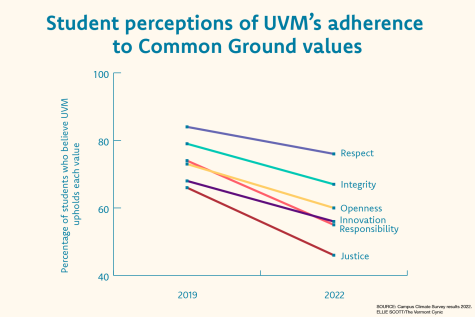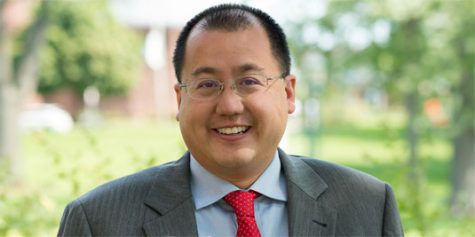Fall exam schedule is reorganized
For the second time since December, the fall 2016 exam schedule has been changed.
The new finals schedule will consist of a five-day exam period with one reading day that Wednesday, according to the academic calendar.
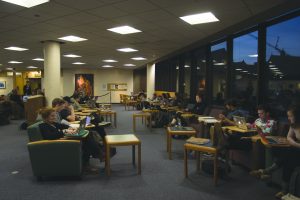
There are 11 courses next semester that could have an exam from 7:30pm-10:15pm Wednesday; but of those only four or five would actually have an exam, Davis said.
“Only those four or five classes have exams that day and they won’t even be until that night,” he said. “So every student is guaranteed at least 12 hours on that day of study time.”
If a student has four or more exams in a 36 hour period, they can reschedule one, according to the student affairs committee annual report.
“The goal is to have fewer exams in a 36 hour period,” Registrar Keith Williams said.
The exam schedule had to be changed so students wouldn’t be taking too many exams, but teachers would still have one more day to teach, Williams said.
“There are fewer exams periods due to the 20 minutes between periods,” he said.
There is a minimum amount of twenty minutes between exam periods and classes due to construction, which means there is less time each day for exams, Williams said.
SGA President Jason Maulucci said he and Davis met with members of faculty senate and the registrar March 24 to discuss the possibility of bringing reading days back.
The meeting was arranged after the SGA senate passed a resolution supporting the restoration of reading days, Maulucci said. The resolution was passed Feb. 16.
“They actually reached out to us after we passed the resolution, not the other way around,” he said. “The next day we were going to reach out to them to schedule a meeting with them anyway, but they reached out to us and it was encouraging.”
The calendar is the same, said Professor Thomas Chittenden, co-chair of the faculty senate for student affairs.
“The only thing that was changed is the block [exam] pattern,” Chittenden said.
Sophomore Shannon Roman said she values the time reading days give her to study.
“They’re super important to me,” Roman said. “I really enjoy my reading days because I think it gives me time to actually fully understand what I’m learning.”
First-year Nick Graham also said that he values reading days because it provides students with a mental and physical break during a stressful period.
“It gives you time to get a good night sleep to improve your health,” Graham said. “Because most people will admit to not following a healthy sleep [schedule] during finals.”
The removal of reading days was met with a lot of student opposition, which Maulucci said prompted him to create a task force headed by Sen. Bhumika Patel, a junior.
Once Patel was leading the task force she created an ad-hoc committee whose main purpose was to come up with options and negotiations that would help with getting reading days back, Patel said.
“The task force was super effective,” she said. “Because with more student opinions other than SGA, we were able to come up solutions and options with which to communicate with Faculty Senate.”
Advocacy from SGA and the overall student body played a major role in the restoration of reading days, Maulucci said.
“I think this is the best possible outcome that could have happened.” He said. “We got to this point because of the advocacy of the Student Government and the larger student body.”


